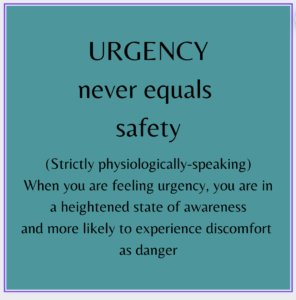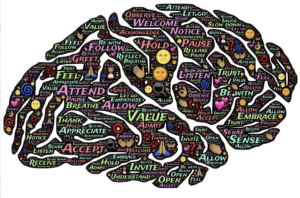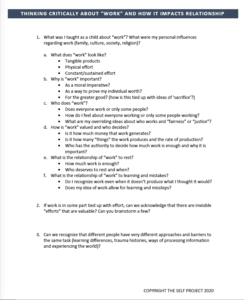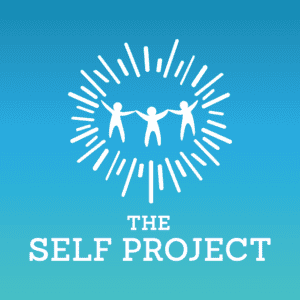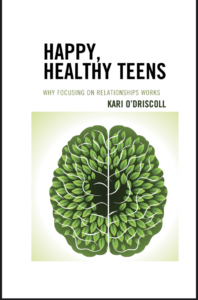
There is a big difference between apologizing and acknowledging someone else’s experience, and this is something I don’t think I knew for a long time. My parents weren’t the sort of people who apologized – I think it was a generational, Baby Boomer thing, but to be honest, I know lots of parents who are my contemporaries who don’t apologize to their kids, either.
But it isn’t just important in regards to our kids; it is vital to apologize when we have made a mistake, when we have caused harm – in any relationship. But then what? When we have caused harm, when there has been a relationship rupture, that’s not something that just heals with time. Relationships aren’t like physiological creatures – they don’t have the capacity to heal themselves, given enough time. And apologies aren’t enough. When we are willing to engage in relationship repair, that is when healing can happen – but only if it is done in a way that honors the experience of everyone involved.
This is why I have a really difficult time with the notion of “making amends” as it’s written about in many addiction recovery circles. (yeah, yeah, I know this is going to be controversial, but since when have I ever shied away from that?) Many recovery groups – including the most famous, Alcoholics Anonymous – describe “making amends” as offering a sincere apology, and say it should be done unless doing so would cause more harm to the person you’re apologizing to.
First of all, I reiterate that I don’t think a “sincere apology” is enough, and second, I think the calculation of whether or not an apology would cause more harm shouldn’t be left to the person who inflicted the harm. That feels a little like being let off the hook to me. So often, in my personal experience, someone else’s apology veers into the territory of navel gazing. And don’t get me wrong – I think it’s great if you are willing to engage in some self-awareness and looking at your motivations and where you messed up – but if we are truly engaging in relationship repair, you are opening yourself up to hold space for my experience and feelings and I am at a point where I’m ready and willing to open myself up to hold space for yours. That requires a deeper commitment to the connection on both our parts.
To bring this back around to parenting, I think it’s important for parents to imagine what that might be like. For the most part, the challenges we have with our kids aren’t likely to cause a permanent rupture in the relationship, but the way we handle them can significantly damage our kids’ ability to feel safe with us emotionally and trust that we see them as whole, full human beings. If I say or do something that causes my child harm and I come back around and apologize to them later, unless I am able to be genuinely curious about their experience, I’m just tossing a band-aid on the issue. But if I can really encourage my child to tell me what it was like for them to have me assume the worst or say something really hurtful to them and I can sit with that and own it and also listen with the intent to understand (versus listening with the intent to either respond with my own thoughts or check the “listening” box), I am demonstrating my respect for them as a person and likely learning something about what makes them tick.
It absolutely sucks to sit and hear how we hurt other people, for sure. And we are conditioned to immediately jump to our own defense “ok, yeah, I get it, but I was drunk when I said that” or “I think you’re overreacting to that a little bit, aren’t you? It wasn’t that bad” or “you’ve said plenty worse to me, you know!” But none of those responses help the other person feel heard or honored, and that is so often why our apologies fall flat. We might pat ourselves on the back for being able to utter the words, “I’m sorry. I messed up.” But if the end result is that the other person still walks away feeling shitty and unsettled, have we really done what needed to be done? If what we wanted was to check a box and feel like we have the moral high ground, maybe. But if what we really want is to nurture a relationship that is important to us, we have to go farther than that.

